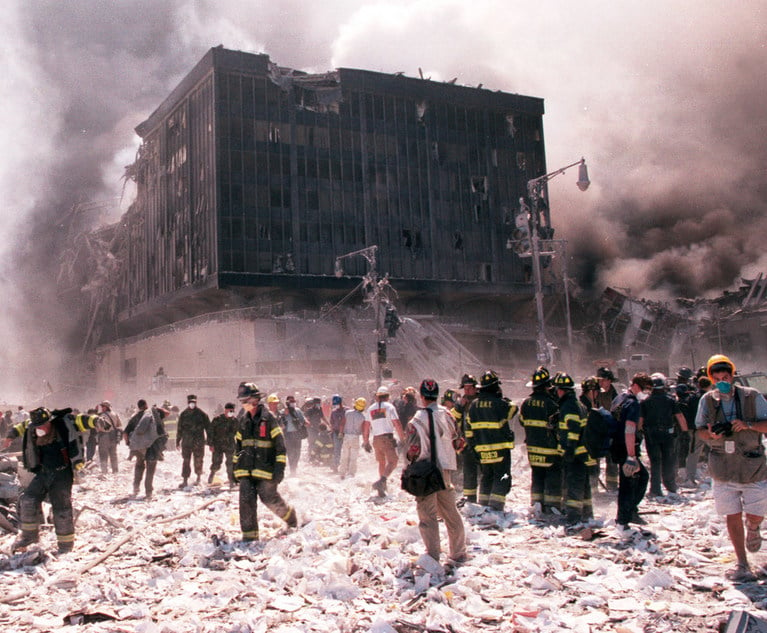Next week, the U.S. Court of Appeals for the Second Circuit will hear argument in two expedited cases challenging vaccine mandates, one imposed by New York state on health care workers and one by New York City on teachers. With the dispiriting resurgence of COVID-19 over the last several months, the federal government has moved to impose vaccine mandates broadly, and some states and localities have followed suit. Not surprisingly given the politicization of vaccine mandates, this has been met with fierce opposition by some, including lawsuits like the ones before the Court of Appeals next Thursday.
Earlier COVID-19 litigation centered on government restrictions on public gatherings. By contrast, the current challenges take aim at vaccines, with the state case attacking a mandate on the grounds it does not allow religious exemptions while permitting medical ones and the teacher case attacking a mandate even though it provides exemptions for medical or religious reasons. While the earlier public-gathering restrictions raised significant and largely unresolved constitutional claims, the mandates now before the Second Circuit do not. The Supreme Court long ago addressed these types of mandates and did so in ways that appear to foreclose the current COVID-19 challenges. And the one vaccination mandate that would present the most serious constitutional concern—forcible injection of a vaccine—is not presented in these cases, as they involve only requirements that a person be vaccinated as a condition of employment, with the employee having the ultimate decision (albeit under threat of loss of their job).


 Christopher Dunn
Christopher Dunn




